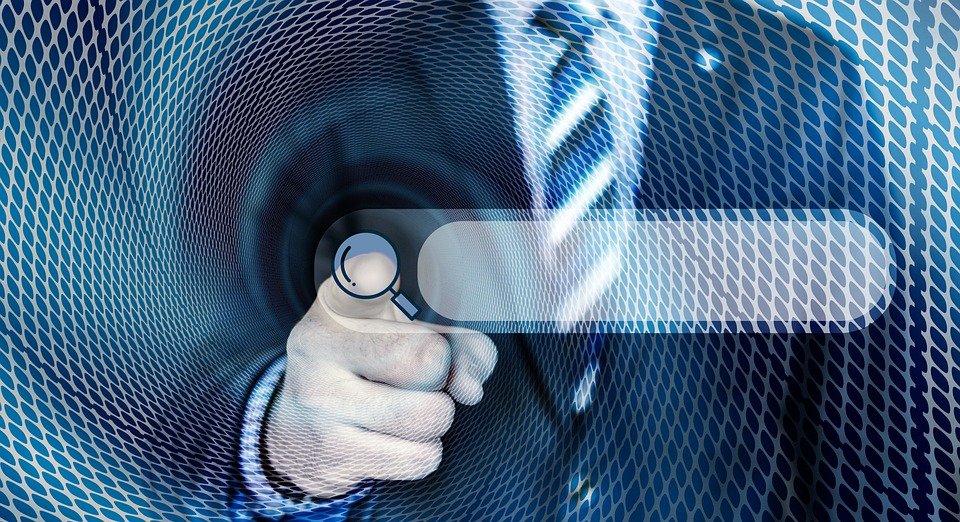# tech Innovations that Are Transforming Industries and Lives
In today’s fast-paced world, technology is constantly evolving and reshaping our lives. From smartphones to artificial intelligence, these innovations have not only transformed industries but have also had a profound impact on our day-to-day lives. In this article, we will explore some of the most significant tech innovations that are revolutionizing various industries and enhancing our overall quality of life.
## 1. Artificial Intelligence (AI)
Artificial Intelligence, or AI, has emerged as one of the most transformative technologies in recent years. AI refers to the development of computer systems that can perform tasks that typically require human intelligence, such as speech recognition, decision-making, and problem-solving. The applications of AI are vast, ranging from healthcare and finance to transportation and manufacturing.
In healthcare, AI is revolutionizing patient care and diagnosis. Machine learning algorithms can analyze vast amounts of medical data to identify patterns and assist doctors in making accurate diagnoses. AI-powered robots are also being used in surgeries, enabling precision and reducing the risk of human error.
In finance, AI is transforming the way we handle money. Chatbots and virtual assistants powered by AI are increasingly being used by banks and financial institutions to provide personalized customer service and assist with financial planning. AI algorithms are also employed for fraud detection and risk management, helping to safeguard financial transactions.
## 2. Internet of Things (IoT)
The Internet of Things, or IoT, refers to the network of interconnected devices that can communicate and exchange data with each other. These devices can range from everyday objects like smart home appliances to industrial machinery and vehicles. IoT has the potential to create a more connected and efficient world.
In the healthcare industry, IoT devices are being used to monitor patients remotely and gather real-time data on their health conditions. This allows for early detection of potential issues and enables healthcare providers to provide timely interventions. IoT is also being utilized in the management of chronic diseases, such as diabetes, where connected devices can monitor blood sugar levels and provide feedback to patients.
In the transportation sector, IoT is revolutionizing the way we travel. Connected cars can communicate with each other and with traffic infrastructure, enabling smoother traffic flow and reducing congestion. IoT devices also play a crucial role in improving road safety through features like collision detection and autonomous emergency braking.
## 3. blockchain Technology
Blockchain technology is best known as the underlying technology behind cryptocurrencies like Bitcoin. However, its potential goes far beyond digital currencies. Blockchain is a decentralized and transparent ledger that records transactions across multiple computers, making it secure and nearly impossible to tamper with.
In the financial industry, blockchain technology is transforming the way transactions are conducted. It eliminates the need for intermediaries, such as banks, by allowing direct peer-to-peer transactions. This not only reduces costs but also enhances security and transparency.
Blockchain technology is also being utilized in supply chain management to ensure the authenticity and traceability of products. By recording every step of a product’s journey on the blockchain, companies can verify the origin of goods and prevent counterfeiting.
## 4. Virtual and Augmented Reality (VR/AR)
Virtual reality (VR) and Augmented Reality (AR) technologies have taken the entertainment industry by storm, but their applications extend far beyond gaming and movies. VR immerses users in a simulated environment, while AR overlays digital information onto the real world. These technologies are transforming various industries, from education and training to architecture and tourism.
In the education sector, VR and AR offer immersive learning experiences that go beyond traditional textbooks. Students can explore historical landmarks, dissect virtual organisms, and interact with complex scientific concepts, making learning more engaging and interactive.
In architecture and design, VR allows architects and clients to experience a virtual walkthrough of a building before it’s constructed. This enables better visualization and collaboration, reducing the risk of costly design mistakes. AR is also being used in the real estate industry, allowing potential buyers to visualize how furniture and decor would look in a space.
## FAQs
### Q: Will AI replace human jobs?
A: While AI has the potential to automate certain tasks, it is more likely to complement human jobs rather than replace them entirely. AI can handle repetitive and mundane tasks, freeing up humans to focus on more complex and creative work.
### Q: Is blockchain technology secure?
A: Yes, blockchain technology is inherently secure due to its decentralized nature. Transactions recorded on the blockchain are highly resistant to tampering and fraud. However, the security of individual blockchain implementations may vary, so it’s essential to ensure proper security measures are in place.
### Q: Are VR and AR only used for entertainment purposes?
A: No, VR and AR have applications in various industries beyond entertainment. They are increasingly being used in fields such as healthcare, education, architecture, and tourism to enhance experiences, improve training, and provide valuable insights.
In conclusion, these tech innovations are transforming industries and revolutionizing our lives. From AI-powered healthcare advancements to the connected world of IoT, and the transparency provided by blockchain technology, to the immersive experiences offered by VR and AR, the impact of these technologies is undeniable. As technology continues to advance, it will be fascinating to see how these innovations evolve and shape the future.

